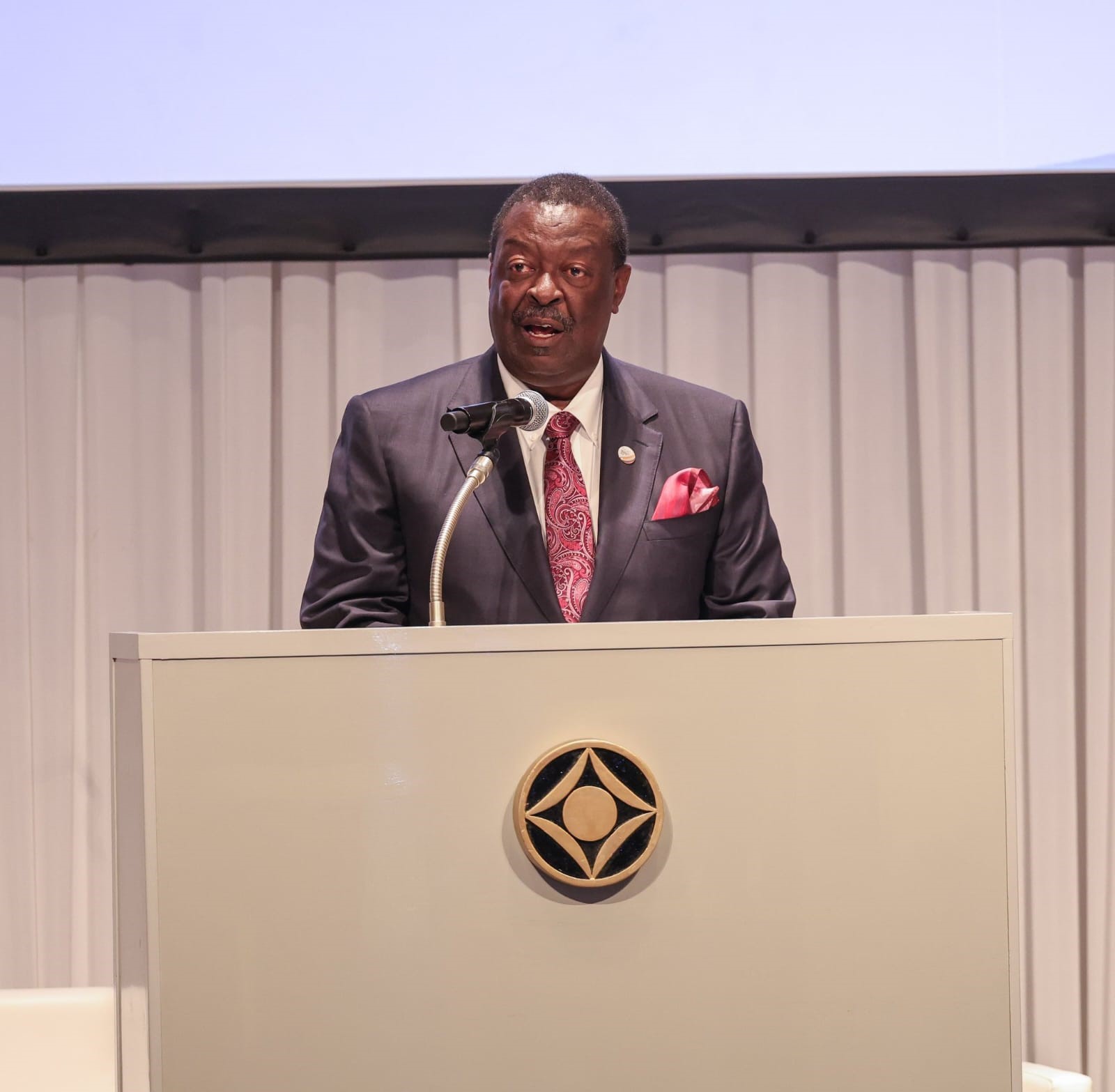
Kenya has hailed Japan for its persistent support of Africa’s infrastructure development and socio-economic growth. At the recently concluded Tokyo Investment Conference for Africa Development (TICAD-9) Ministerial meeting, Prime Cabinet Secretary and Cabinet Secretary for Foreign Affairs Dr. Musalia Mudavadi underscored Japan’s close cooperation with Africa in health, education, trade, investment, and climate change. Dr. Mudavadi added, “Collectively, we need to identify areas that offer quick wins without requiring substantial resources but delivering significant impact.”
Dr. Mudavadi stressed the importance of trade and investment in Africa’s economic progress and poverty reduction. He urged African countries to create and implement plans to expand regional and worldwide trade networks further urged African nations to expand trade and investment with Japan, observing the strength of the Africa-Japan alliance towards realizing expanded trade and investment. In 2023, Africa exported USD 8.28 billion to Japan and imported USD 10.27 billion, resulting in a USD 1.98 billion deficit.
Kenya receives a significant amount of Japan’s Official Development Assistance (ODA), and 120 Japanese companies are currently operating in Kenya. The Prime CS noted that Kenya had become a top destination for global Foreign Direct Investment (FDI), attracting USD 759 million in 2022, which is 20% of the East African Community’s total.
Dr. Mudavadi called upon Japanese enterprises and Kenyan start-ups to boost mutual growth through collaborative ventures, technology transfer, and commercial initiatives that could reach Eastern Africa and beyond. The PCS emphasized the need for skills development and the implementation of a favourable legal and regulatory environment for private sector engagement and technology innovation to spur economic stability and development.
The Cabinet Secretary for Foreign and Diaspora Affairs further advised the African continent to create a unified start-up ecosystem that would help entrepreneurs grow their ideas to access regional and global markets. He lauded the private sector’s role in sustainable development and the promise of innovation and technology, such as Artificial Intelligence and robotics, to create a sustainable and inclusive future.
Additionally, the Prime Cabinet Secretary called for the reassessment of TICAD’s goals in addressing African priorities in international cooperation. He stressed the importance of including African issues in the global agenda, notably job creation, agricultural development, commerce, digital transformation, and equitable growth. While advocating for a reexamination of the global financial architecture to improve Africa-Japan cooperation under TICAD, he also proposed an increase in farm finance and technology to adapt to climate change as well as tackling youth and women’s issues from a South-South perspective. He highlighted Africa’s predicament where 18% of the global population constituted the youth with a continental access of only 3% of global trade. The forum concluded that Africa and Japan needed to work together to strengthen the United Nations, observing that reforms at the Security Council level would propel significant reforms at the United Nations.